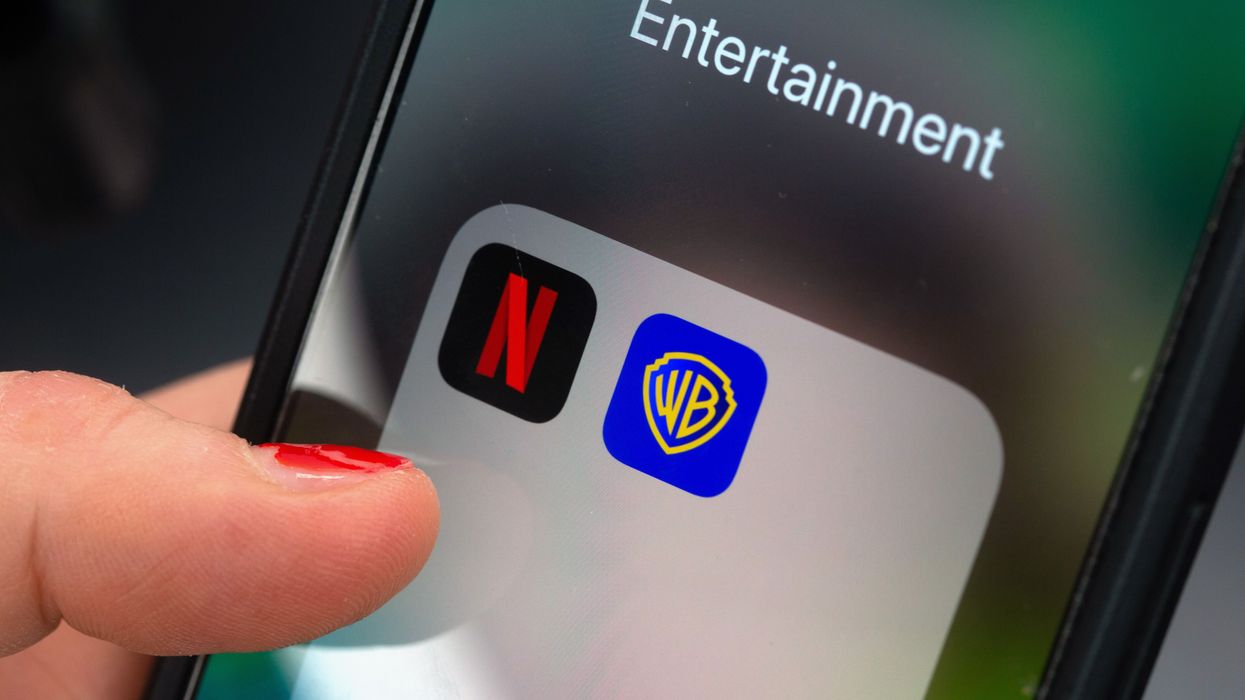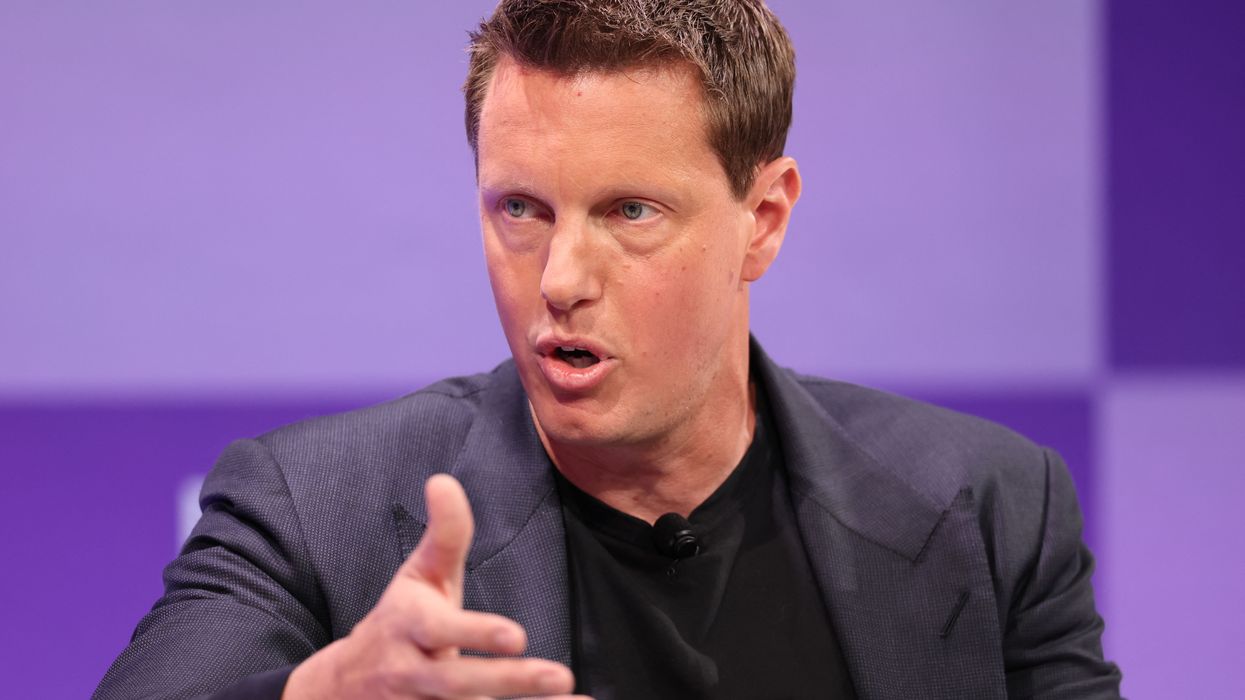At these greenlight meetings, senior studio management would analyze spreadsheets projecting the likely production and marketing costs of a proposed film compared to the likely stream of revenues from various sequential windows—theatrical/home video/pay TV/first run free TV/syndicated TV/likelihood of sequels, both in the US and around the world.
Largely because of Netflix, those windows have cratered. There used to be an average three- to four-month window between theatrical release and release for viewing at home, and then multi-month windows between streaming, home video, pay tv, and free tv. Now, if Netflix even allows a theatrical release, they only give it as little as 3 weeks before they start to stream a theatrical film like the recent George Clooney/Adam Sandler/Noah Baumbach film "Jay Kelly," which started streaming just 17 days after it opened in theaters and sold almost no tickets.
A large portion of the public rightly figures that there's no point in rushing out to theater to see a new feature for $15 or more a ticket plus parking and popcorn when they can see it at home in a few weeks. Most theatrical films no longer pencil out.
While there were recently six major studios (plus mini majors), after Warner Bros. is sold (following other recent anti-competitive mergers like Disney buying Fox) there will only be four left.
With the collapsed distribution windows, it's no longer feasible for those four studios to produce enough theatrical features to keep movie theaters in business. In 2015, over 100 films received a major theatrical release with inflation-adjusted box office revenues of over $15 billion while in 2024 they crashed to only 62 films with box office revenues of about $8.6 billion. Over 5,000 movie theaters have already closed their doors in the last couple of years.
And the types of theatrical films being greenlit have been mostly reduced to either $100-$200 million blockbuster action films (many of them sequels which earn less than their predecessors) and under $20 million horror films, as well as some children's films. Dramas and comedies have almost disappeared from the majors' theatrical release schedules except during the fall awards season when a small number of adult films are released in the hopes of being nominated for an Oscar.
“The negative impact of this acquisition will impact theatres from the biggest circuits to one-screen independents in small towns in the United States and around the world,” said Cinema United president Michael O’Leary in a statement. “Netflix’s stated business model does not support theatrical exhibition.”
When he's not giving bullshit public relations statements, Netflix head honcho Ted Sarandos agrees, stating last year that movie theaters are "outdated."
Art is now called "content" and is treated as an asset class to be bought and sold by mega-corporations like they're real estate towers or meme coins. Roughly 2-hour dramas in 3 acts have been inspiring communal audiences for about 2500 years since the Greeks but they're about to largely disappear from theaters, to the detriment of the entire culture. This is ushering in an age with little originality or surprise and general cultural stagnation. The sale of Warner Bros. will only accelerate this trend.
As James Cameron, director of "Titanic" and "Avatar" recently said, it will be a "disaster."
Mainstream Oscar-winning directors of the recent past like Sidney Pollack ("Tootsie," "The Way We Were," Out of Africa"), Sidney Lumet ("Network," "Serpico," "Dog Day Afternoon"), Barry Levinson ("Rain Man," "Wag the Dog," "Good Morning Vietnam") or Alan Pakula ("All The President's Men," "Sophie's Choice") probably couldn't get arrested if they were coming up now. While studio execs may feel cool hanging around with Marty Scorsese, it's unlikely that "Taxi Driver" would be greenlit today.
(The recent tragic murder of Rob and Michelle Reiner brings to mind other examples. Reiner's classics like "When Harry Met Sally" or "A Few Good Men" probably wouldn't get greenlit today, although as a horror film, "Misery," based on a Stephen King novel, might sneak through today if it were dumbed down enough.)
The sale of Warner Bros. to either Netflix or Paramount violates Section 7 of the Clayton Antitrust Act, which provides that a merger is unlawful if its effect may be to substantially lessen competition. Factors include market concentration, foreclosure of rivals, lower wages for employees, the loss of potential competition, incentives to reduce quality or output , and the likelihood of higher prices to consumers for streaming services. We can't count on the Trump administration to bring a solid antitrust claim. But state Attorney Generals have the legal right to sue to block anti-competitive mergers. California Attorney General Rob Bonta should coordinate with other state Attorney Generals to bring such a suit. The Hollywood community should be pressuring Bonta to do so.
Fifteen years ago, Warner Bros. CEO Jeff Bewkes infamously dismissed Netflix as the pipsqueak "Albanian Army." Well, now the Albanian Army has demolished the metaphoric equivalents of the US, Britain, France, Russia, and most of the rest of the world.
We need a new Normandy invasion to take it back.



